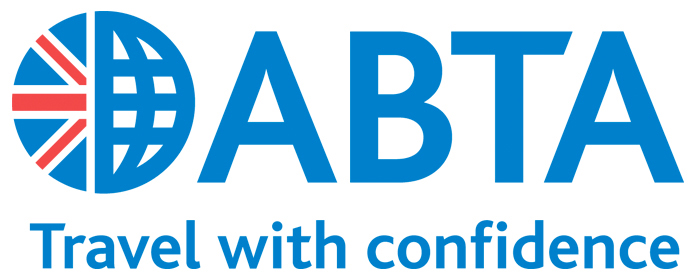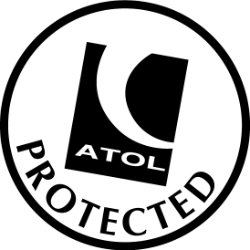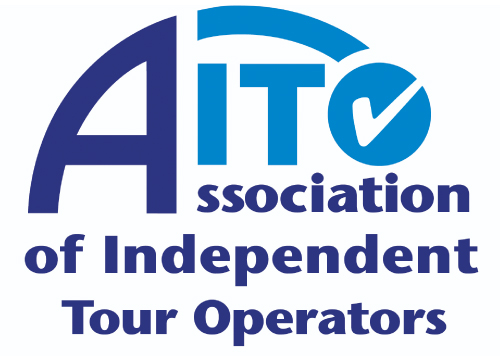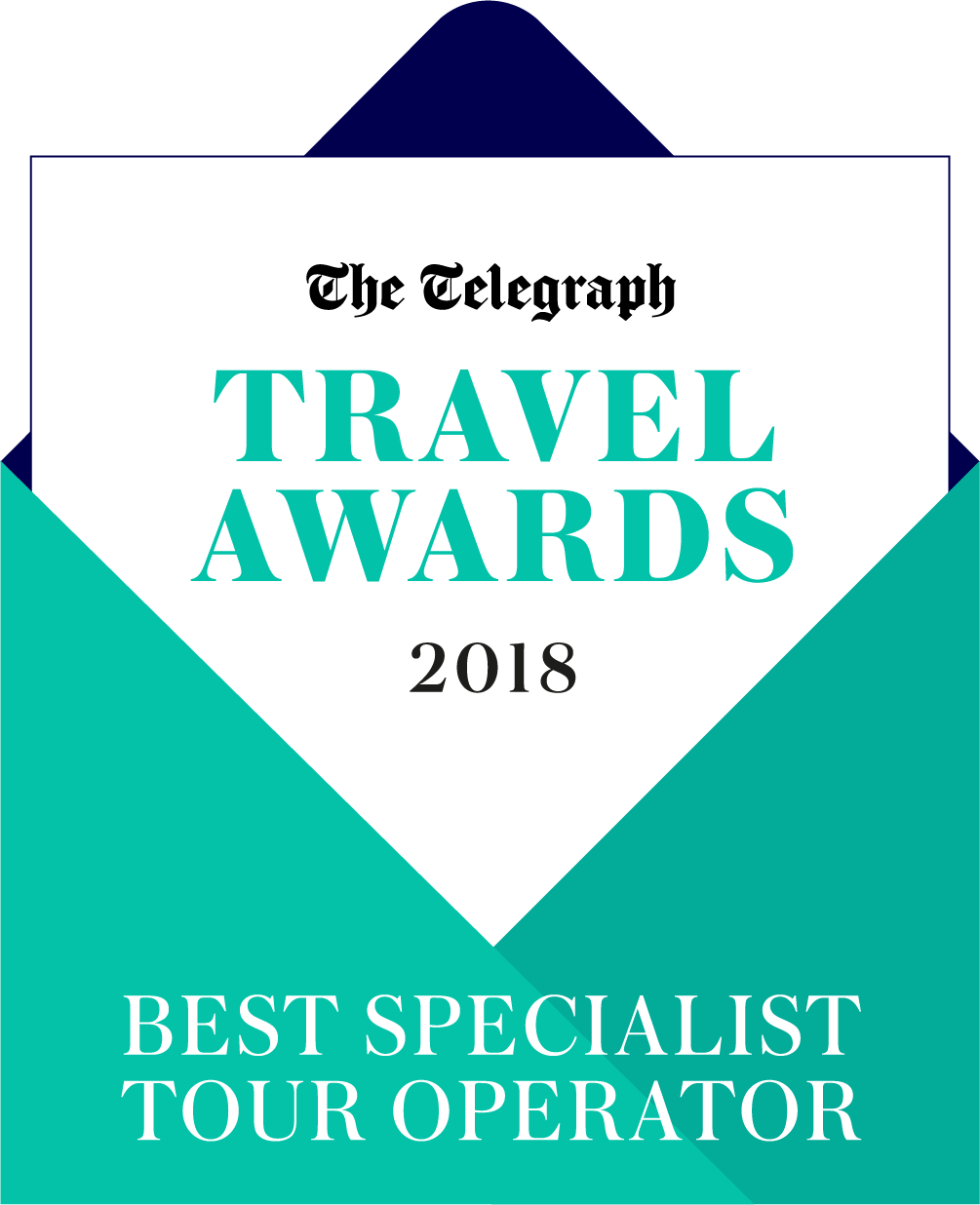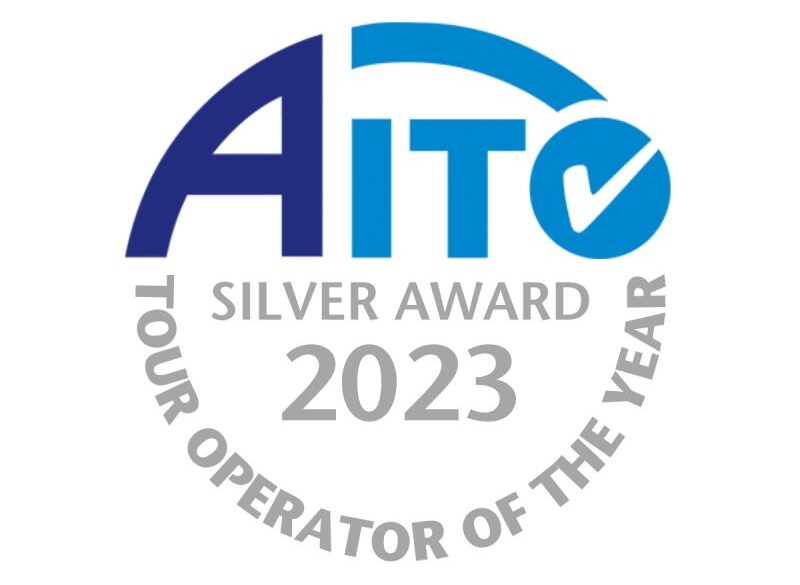Slightly smaller than the UK and France combined, Zambia offers a diverse number of great National Parks and tourist attractions. Considered the ‘home of the walking safari’, South Luangwa NP, a stunning and thriving sanctuary along the Luangwa River with a number of top lodges to choose from. On its southern boundary, Zambia shares the famous Victoria Falls, in the town of Livingstone, with its neighbour Zimbabwe, as well as the 280km Lake Kariba, regarded as the best houseboat safari in the region.
The Zambezi river courses the southern boundary of Zambia, and below Lake Kariba, offers the Lower Zambezi NP, a haven for wildlife viewing and the ‘Big Four’, as well as top class Tiger fishing, canoeing safaris, boat cruises and walking safaris. To complete the wildlife menu is central Kafue NP, the size of Wales at 22000 sq. km and as well as having rarer mammals like Cheetah and Roan Antelope, the jewel in its crown are the Busanga Plains.
Entry Requirements
If you are visiting Zambia, your passport should be valid for a minimum of 6 months from the date you arrive and have at least 2 blank pages. Zambia recognizes dual nationality. However, to avoid delays you should leave Zambia on the same passport you used to enter.
Visas
British nationals visiting Zambia for less than 90 days do not need a visa in advance, and can obtain a visa on arrival. Effective from 1 November 2022, the Government of Zambia removed all visa fees for British passport holders visiting Zambia. British nationals travelling for tourism are permitted to stay in Zambia for a for a total of 90 days in any period of twelve months from the day of first entry into Zambia. More information can be found here.
Malaria
The northern areas of Zambia (especially the Northern, North-western, Muchinga and Luapula provinces) are the riskiest as they receive the highest rainfall. Malaria depends on the presence of a female Anopheles mosquito that has previously bitten an infected person, which is why malaria rates are highest in villages.
Your risk is low in Lusaka and safari lodges and increases in more rural places. The following measures will reduce your chances of contracting malaria:
Travel in high or dry season from about July to October:
- Use an organic insect repellent.
- Before sunset, put on socks and shoes, long trousers and a long-sleeved shirt. Even lightweight cotton clothes help keep mozzies off bare skin.
- If possible, sleep with a fan on. The slight breeze keeps mosquitoes away.
- Always use a mosquito net if one is provided.
- Ask your doctor or travel clinic about anti-malaria medication (be sure to mention if you are or will be pregnant or if you are going scuba diving around the same time). You must start the prophylactics two weeks before you travel.
- Don’t camp near stagnant waterholes or dams.
- Anecdotally, Peaceful Sleep insect repellent works more effectively against Zambian mosquitoes than Tabard repellent.
- Carry a malaria test kit with you and check your results if you start feeling flu-like symptoms. Seek treatment immediately.
Vaccinations
Check with your travel clinic which vaccinations are mandatory as these can change.
Vaccinations generally recommended by the World Health Organisation and US Centers for Disease Control and Prevention (CDC) include:
- Hepatitis A
- Typhoid
- Tetanus
- Meningitis
- Rabies
Medical Services
The most modern clinics and hospitals are in big centres such as Lusaka, Livingstone and Ndola.
In other areas, rural clinics have basic facilities and supplies. Always have comprehensive medical or travel insurance that includes evacuation in case of emergency.
Food and Drink
In general, almost all food and drink are safe to consume as long as you apply common-sense measures. Standards in city hotels and safari camps and lodges are generally very high, and water is safe to drink. The more upmarket accommodation will even cater for dietary requirements if you are vegan, for example.
Currency
The official currency of Zambia is the Zambian Kwacha (ZMK). One kwacha is divided into 100 ngwee. Kwacha note denominations are K100, K50, K20, K10, K5 and K2. Coins are in denominations of K1 and 50, 10 and 5 ngwee.
Currency regulations
By law all payments within Zambia can only be made in kwachas but many shops, hotels, lodges and restaurants that cater to travellers or foreigners will accept US dollars and pounds sterling (you may receive your change in kwachas so keep the exchange rate in mind so ensure you get the correct value). Some may even accept South African rands or euros.
Currency exchange / forex
Preferably use only the services of a designated bureaux de change and keep up-to-date with the most recent exchange rate. If you do choose to use the services of an informal money changer, be aware that you likely won’t get a favourable exchange rate and be cautious of scams, fake bills and paper fillers (ie blank sheets of paper in the middle of a bundle of notes).
Any amount over USD5 000 has to be declared at immigration or border control when you arrive in Zambia. There is also a USD5 000 limit on bank withdrawals. This is subject to change without notice so please check the latest regulations before you travel.
Always travel with a range of denominations and try to avoid K50 and K100 notes unless you are paying large amounts as vendors may not be able to give you change (they may suggest you buy more instead).
Banks and ATM’s in Zambia
Banks’ operating hours are generally Monday to Friday from 08:15 to 15:30 and Saturdays from 08:15 to 11:30, excluding public holidays.
ATMs or cash points are available in Lusaka, Livingstone and other major towns. Visa and MasterCard cards are more readily accepted for cash withdrawals than American Express. There are very few if any ATMs outside major centres so ensure you withdraw or bring sufficient cash.
Credit cards
Most upscale hotels, restaurants, travel agencies and the bigger shops in major centres will take credit cards, and major banks will usually advance local currency against a credit card. Take note that American Express may attract extra charges or not be accepted at all.
What to pack
- Layers — long and short sleeve shirts and trousers
- Warm fleece or jumper
- Lightweight waterproof jacket
- Comfortable but sturdy shoes
- Flip-flops
- Swimming costume
- Hat or baseball cap
- Sunglasses
- Sunscreen — a must
- Toiletries — most camps will provide shampoo, shower gel and soap
- Small torch
- Spare batteries, plug adaptors and charging equipment
- Good pair of binoculars
- Books or a fully loaded Kindle/iPad for siesta time
Keeping in touch
Internet is available at the lodges, though it can accur that some of the lodges and camps may have limited internet access. Which means connectivity is not always guaranteed, and most will not have cell phone signal.
Electricity
For Zambia there are three associated plug types, types C, D and G. Plug type C is the plug which has two round pins, plug type D has three round pins in a triangular pattern and plug type G is the plug which has three rectangular pins in a triangular pattern. Zambia operates on a 230V supply voltage and 50Hz.
